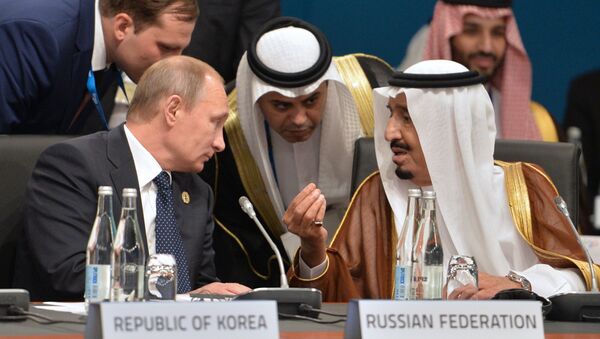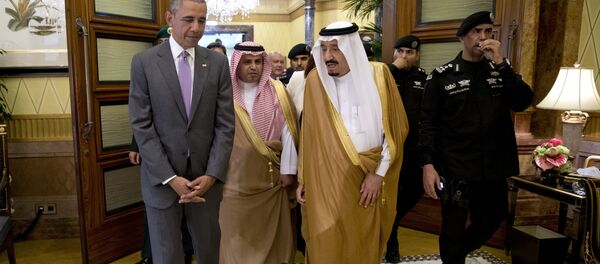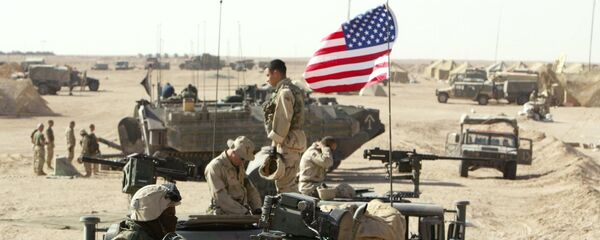JASTA became law on September 28 after the US Congress overturned President Barack Obama's veto in what was a major blow to the White House that campaigned against the legislation and Riyadh.
Analyst Sergei Filatov singled out six implications of the move.
Secondly, the Saudi Arabian Foreign Ministry warned that "the erosion of sovereign immunity will have a negative impact on all nations, including the United States." Anwar Gargash, the minister of state for foreign affairs of the United Arab Emirates (UAE), echoed Saudi concerns. He referred to the law as "a dangerous precedent in international law that undermines the principle of sovereign immunity and the future of sovereign investments in the United States."
"US lawmakers seem to have been oblivious to the fact that they opened Pandora's box. From now on we could expect an avalanche of law suits against the US in other countries of the world, including Korea, Vietnam, Libya and former Yugoslavia, where the US military killed scores and destroyed infrastructure," Filatov observed.
Thirdly, a falling out between the United States and Saudi Arabia at the height of the Syrian War has "drastically weakened Washington's standing in this conflict and the region," the analyst noted.
Fifth implication involves the oil kingdom delivering on its threat to sell $750 billion in Saudi assets in the US. This move could have "unpredictable consequences for the fragile international financial market," the analyst added.
If true, Saudi Arabia will most likely readjust its foreign policy.
"In this context, one should expect high-ranking Saudi officials going on a visit to Moscow, particularly taking into account that Russia has increased its military presence in Syria," Filatov concluded.





